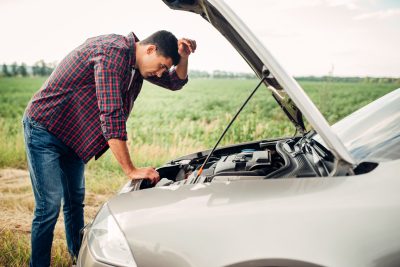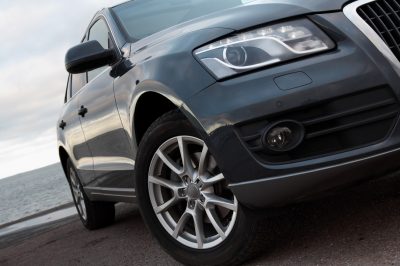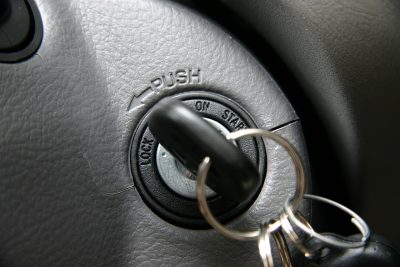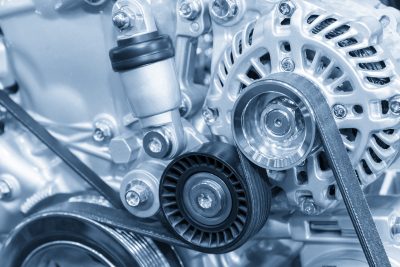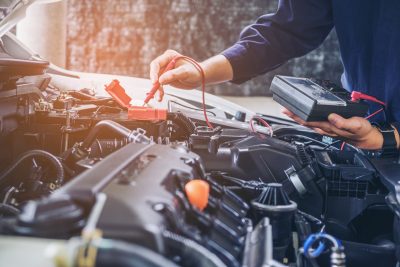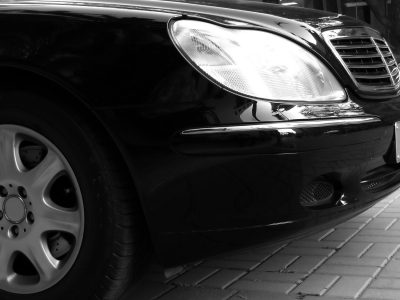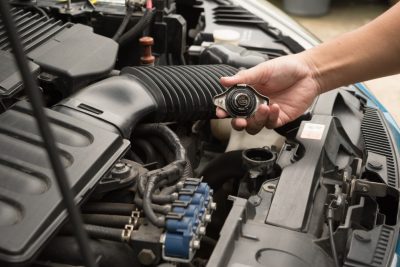 Like any system that works hard day in and day out, your vehicle’s radiator can fail and require repair. The main reason for radiator failure is a leak, which can lead to the cooling system failing. If the coolant has not been checked or topped correctly, the inside of the system will begin to rust and become clogged. Corrosion will eventually result in small holes developing, causing engine coolant loss, and a need for radiator repair.
Like any system that works hard day in and day out, your vehicle’s radiator can fail and require repair. The main reason for radiator failure is a leak, which can lead to the cooling system failing. If the coolant has not been checked or topped correctly, the inside of the system will begin to rust and become clogged. Corrosion will eventually result in small holes developing, causing engine coolant loss, and a need for radiator repair.
Symptoms of Radiator Failure
The most common sign of radiator failure is coolant leaks. To ensure your vehicle’s radiator has the proper amount, you should check it regularly. On most cooling systems, there will be a maximum and minimum level indicator you can use to judge the level of coolant – ideally, it will always be between those two marks. Coolant levels will decrease naturally, but a significant drop over a short period of time will indicate a radiator leak. Other faulty radiator symptoms include frequent engine overheating (keep an eye on the temperature gauge), or a puddle underneath the engine (this will indicate a leaking radiator).
Repair or Replace
In some cases, a radiator repair is a better choice than replacing the radiator, but not always. At the first sign of trouble, call us for exceptional radiator repair and auto parts in Apopka. Our expert team of mechanics at Millikan Battery and Electric Inc., will diagnose and fix the problem and get you back on the road quickly.



